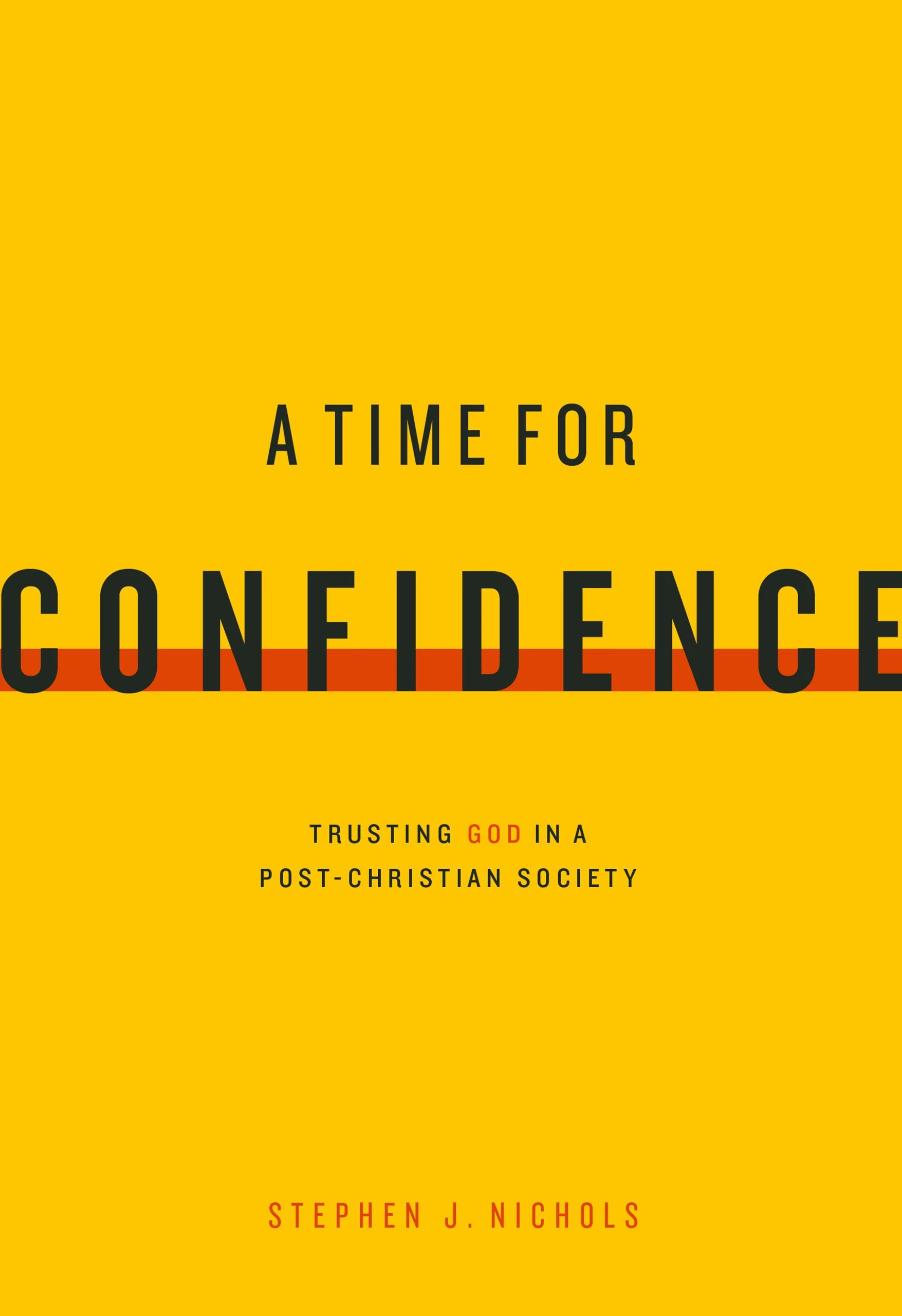3 Lines in the Sand

At the turn of the twentieth century, the sciences supposedly knew better than the Bible. Now, the social sciences supposedly know better than the Bible. And we are seeing this new world-view presented artfully and entertainingly through a barrage of media and in the halls of the academy. A casual watcher and listener will be exposed to countless gay, bisexual, and transgender individuals, acts, and ideas—and all without ever leaving mainstream media outlets. These are the times we live in (see TheStateofTheology.com).
These challenges have a cumulative effect. They become self-fulfilling prophecies. The promoters and producers of this material not only want to make room for these biblically aberrant views, they want to increase the tribe. They want to silence anyone who would stand up against them. They want to oppose anyone who would say, “What you are promoting and doing is wrong.”
The proverbial silver lining in these challenges to the Bible in our day is that they bring a great deal of clarity to the issue before us as Christians: Will our authority be the Word of God? Or will it be the sensibilities of our age? Is it the Bible? Or is it us?
These new challenges actually raise three questions we must consider. The first concerns how this affects us personally. Are we subtly influenced by all of this moral decay? To ask this another way: Have we moved the line because culture is trying to erase the line?”
The second question concerns us as a larger entity, as the body of Christ. Will we continue to hold to our biblical convictions in the face of increasing pressure and possible persecution? Beware of the leader who wants to “rethink” what the Bible says or how we apply the Bible to these current situations and contexts. We must reaffirm the truth of the past. We must reaffirm orthodox and historic theology and biblical understanding. But we must never rethink the Bible’s teaching. We would much prefer, for instance, that our boss reaffirm the decision to hire us rather than rethink it. The language of rethinking or accommodating should set off alarm bells in our heads. When you hear those bells go off, run.
On the other hand, we must show solidarity with those leaders who stand for biblical convictions. We must show solidarity with churches that stand for biblical convictions. This is a time for boundaries. Boundaries help us know who is not with us. But boundaries also help us know who is with us. And we need each other, perhaps now more than ever before. We need to encourage those who take strong stands on biblical convictions. Those who do take such strong stands get criticized, and that criticism can be sharp and cutting. Part of the beauty of the body of Christ is our care for one another, our encouragement for one another. As the surrounding culture turns more hostile, that mutual encouragement moves from being a luxury to a necessity.
The third question concerns our duties as a citizen, and as an ambassador of the truth and the gospel in this strange and foreign world. As Christians, we hold ourselves to biblical convictions and each other to biblical convictions. How do we, however, stand up for biblical convictions in the marketplace?
We must let the Bible be our guide. If it’s a gospel issue, then we must take our stand. If it’s a biblical truth matter, then we must take our stand. God has spoken on the nature of human identity and sexual identity. God has spoken on marriage.
All three of these lines in the sand are drawn in the opening two chapters of the Bible. God makes it clear that He created us, that He created male and female, and that He designed marriage to be between a man and a woman. Those three foundational truths are clear. All three are rejected today.


